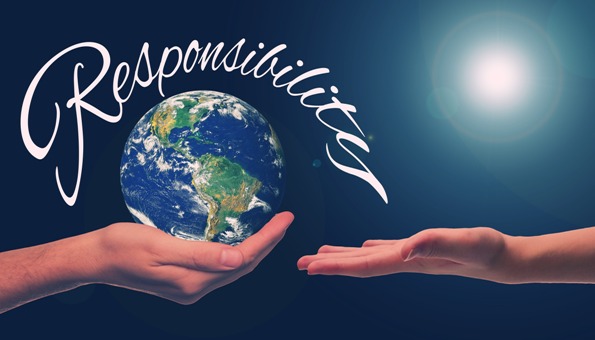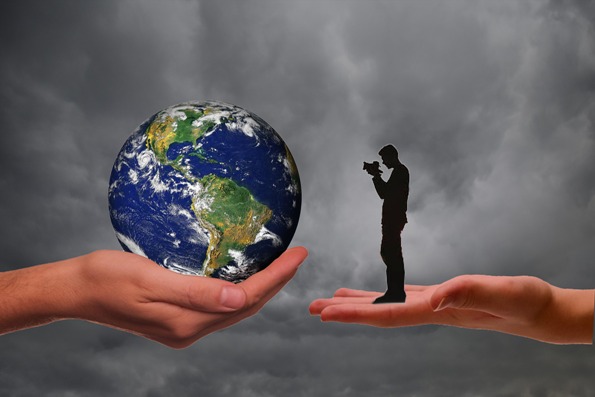SDG AND SMART TOURISM

 The UN has set 17 sustainable development goals for humanity, the achievement of which should solve the main problems.
The UN has set 17 sustainable development goals for humanity, the achievement of which should solve the main problems.
The 2030 Agenda for Sustainable Development, adopted by all Member States in 2015, is a common agenda considering changes for peace and prosperity for people and the planet now and in the future. It is based on the 17 Sustainable Development Goals (SDGs) that urge all countries, developed and developing alike, to take the necessary action in a global partnership. These goals demonstrate the recognition that action to combat poverty and other deprivation must be closely linked to strategies to improve health and education, reduce inequality, and stimulate economic growth, all while addressing climate change and conservation of oceans and forests.
On September 25, 2015, 193 UN countries adopted the resolution “Transforming Our World: The 2030 Agenda for Sustainable Development”. The document established 17 Sustainable Development Goals (SDGs):
1. No Poverty
2. Zero Hunger
3. Good Health and Well-being
4. Quality Education
5. Gender Equality
6. Clean Water and Sanitation
7. Affordable and Clean Energy
8. Decent Work and Economic Growth
9. Industry, Innovation and Infrastructure
10. Reduced Inequality
11. Sustainable Cities and Communities
12. Responsible Consumption and Production
13. Climate Action
14. Life Below Water
15. Life On Land
16. Peace, Justice, and Strong Institutions
17. Partnerships for the Goals
The development of smart tourism can also help achieve some SDGs, because many of the problems are due to poor communication. The development of smart tourism mainly involves the improvement of the transmission and processing of information, therefore it directly or indirectly affects the performance of some SDGs.
It is a mistake to believe that this is only about ecology, the concept of SDG is much broader, and it is obvious that significant results will be achieved only with the widespread implementation of these principles. In other words, each tourist can invest a small contribution. In turn, the task of tourism organizations, including ours, is to inform tourists and agitate them for the fulfillment of the goals.
In this section, we will share our thoughts and good examples of using smart tourism to achieve the goals of the SDG.
It is known that on average tourism provides about 10% of GDP, but this is the average for the world. There are countries in which the contribution of tourism is much greater.

The role of tourism in this case is to bring money and capital into the country, and one of the principles promoted by smart tourism could be helpful – buy more products and services from local producers. On the one hand, this gives impetus to economic development, on the other hand, it reduces transport costs and, ultimately, the carbon footprint, since delivery is still associated with carbon emissions due to fuel combustion.
In addition, such types of tourism as rural tourism, farmer tourism, CBT are developing especially in remote and depressed regions, which directly affect the economic situation of the destination, because tourists bring money and not just money, but hard currency. This leads if not to prosperity, then at least to reducing poverty and increasing the number of jobs. Therefore, obviously everyone in the world of tourism should promote these types of tourism in every possible way.
Smart tourism can also play a role in this case, because a full-fledged online activity or technology activity requires qualified workers with digital skills, which also leads to an improvement in the quality of human capital. For example, local CBT could recruit unemployed youth who are known to have better overall digital skills to better attract and serve customers. Young people from such CBT could independently create websites, maintain social networks, follow information in map services, and create content which, on the one hand, will lead to an improvement and increase in the revenue of this CBT, and on the other hand, will provide jobs for today’s youth. Young people could learn all this through various online courses or by studying our free lessons.
